Trial of two French Uber executives begins
Uber execs deny they illegally operated a taxi service
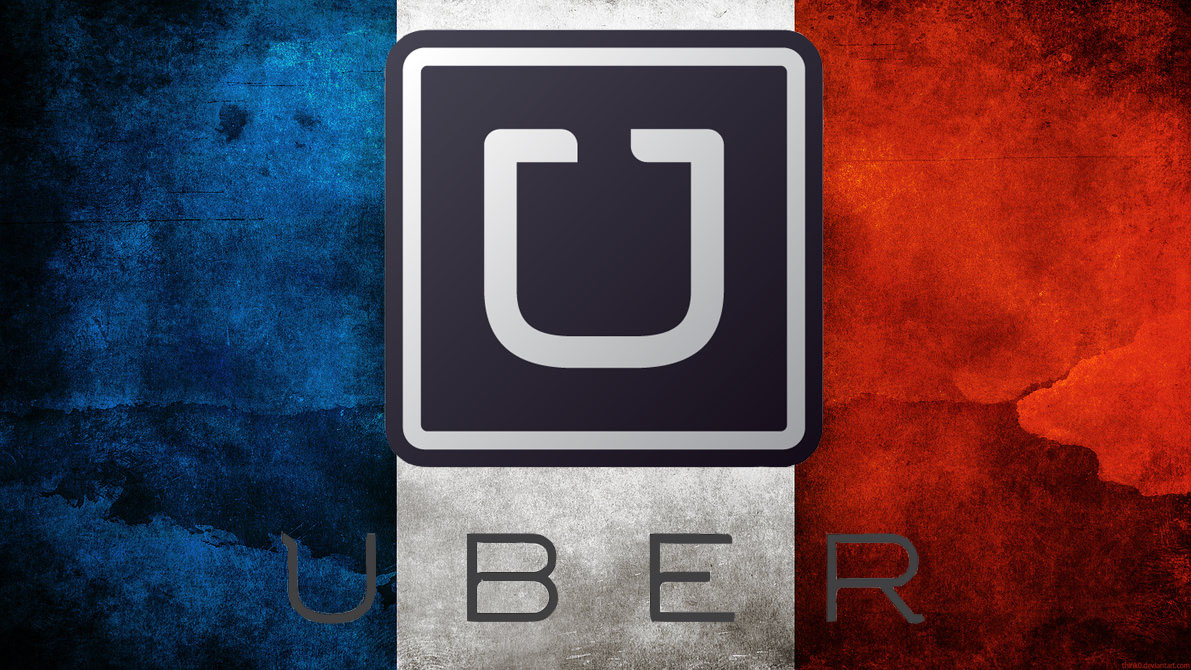
The trial of two French Uber executives, accused of illegally operating a taxi service, began yesterday, in what is one of the taxi-hailing service's most serious legal battles to date.
During the opening of the trial in Paris, Uber executives repeatedly disassociated themselves with the launch or running of the ride-sharing service, known as Uberpop, which commissioned drivers without professional licences.
MD Thibaud Simphal and Pierre-Dimitri Gore-Coty, general manager for Western Europe when he was charged, maintained that the company's offices in the Netherlands and the US were responsible for all strategic decisions, the Wall Street Journal reported.
"I simply organised the promotion of the service to users and drivers," said Gore-Coty, under questioning from a prosecutor. "It wasn't my role nor was I qualified to judge its legality."
Gore-Coty, who is now Uber's operational chief for Europe, the Middle East and Africa, said later that Uber's French arm did not select drivers, organise driver training, or decide on the language of promotions for Uberpop.
Uber executives face six charges in total, which include ignoring taxi and privacy laws and operating misleading commercial practices.
They argue they have been treated unfairly as part of the French government's attempt to appease taxi companies and drivers, based in part on laws that are invalid because they infringe on European Union treaties.
Get the ITPro daily newsletter
Sign up today and you will receive a free copy of our Future Focus 2025 report - the leading guidance on AI, cybersecurity and other IT challenges as per 700+ senior executives
The Uber executive were grinded about company documents, including spreadsheets, training documents and other communications that were seized by police when they were indicted.
One charge accuses Uber executives of deceptively claiming that Uberpop was legal when it was not particularly following a 100,000 fine the company had received in a separate criminal case. To illustrate this, the court heard three different radio ads encouraging drivers to sign up for Uberpop to earn extra money, said the WSJ.
Gore-Coty told the court that his then-boss who has since left the company instructed him that the fact that Uber was appealing the fine meant that the company could continue advertising Uberpop.
Uber's latest court case adds to mounting pressure on the ride-hailing service from cab drivers, trade groups and courts.
The Uberpop was closed in Brussels in September, following a court case with a local taxi firm, and it was ordered to pay 1.2 million to a French taxi union in January.
In the UK, however, Uber did manage to deflect claims that its should be classified as a private-hired vehicle service, and so the rules that govern taxi firms do not directly apply to it.
The case continues.
-
 Cleo attack victim list grows as Hertz confirms customer data stolen
Cleo attack victim list grows as Hertz confirms customer data stolenNews Hertz has confirmed it suffered a data breach as a result of the Cleo zero-day vulnerability in late 2024, with the car rental giant warning that customer data was stolen.
By Ross Kelly
-
 Lateral moves in tech: Why leaders should support employee mobility
Lateral moves in tech: Why leaders should support employee mobilityIn-depth Encouraging staff to switch roles can have long-term benefits for skills in the tech sector
By Keri Allan
-
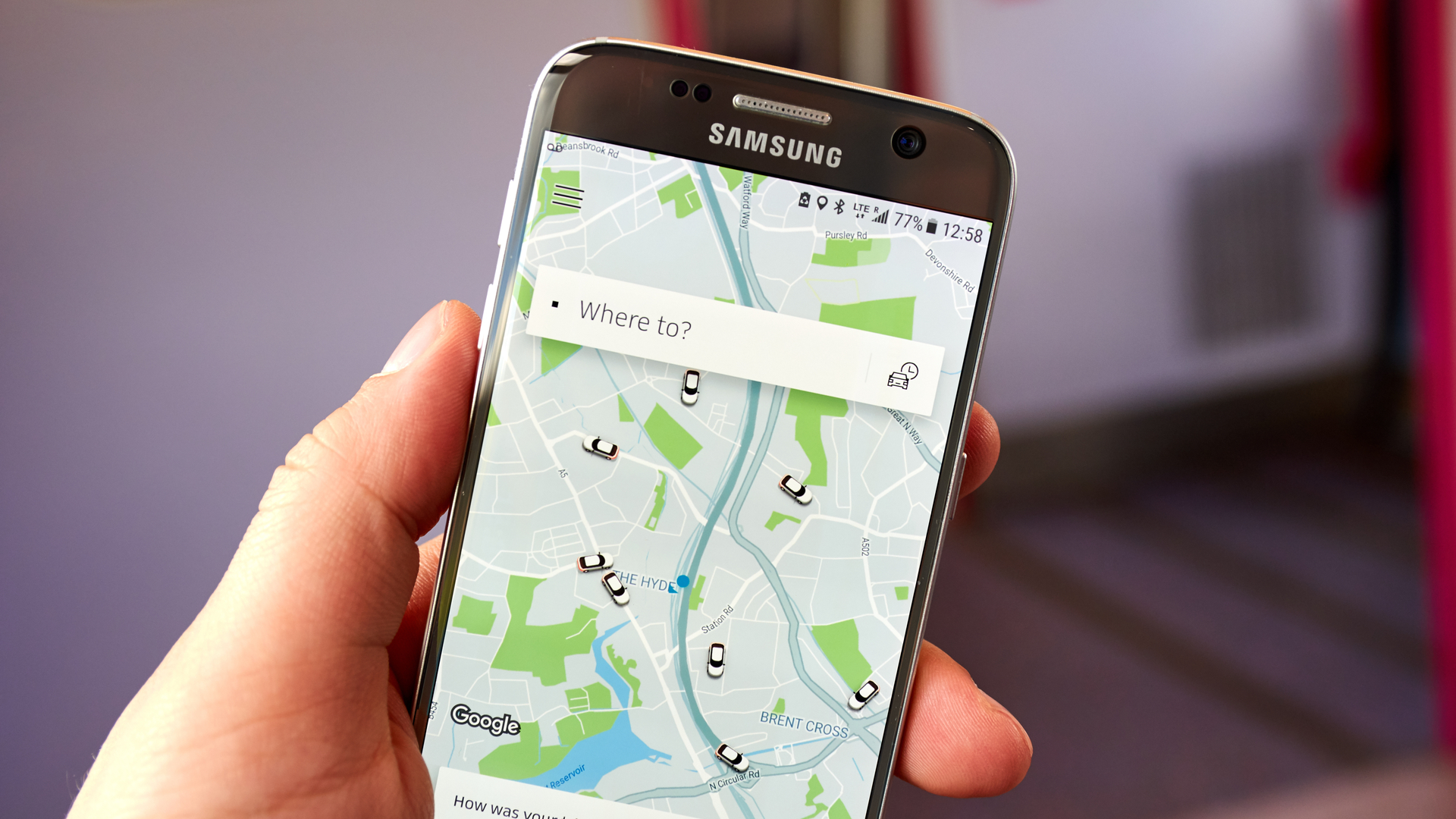 Uber secures 30-month licence to operate in London
Uber secures 30-month licence to operate in LondonNews This comes after a regulatory battle between Uber and TfL dating back to 2017
By Zach Marzouk
-
 Uber wins license to operate in London after ‘plugging IT gaps’
Uber wins license to operate in London after ‘plugging IT gaps’News The ride-hailing firm was previously in trouble for failings in the way it manages and releases software updates
By Keumars Afifi-Sabet
-
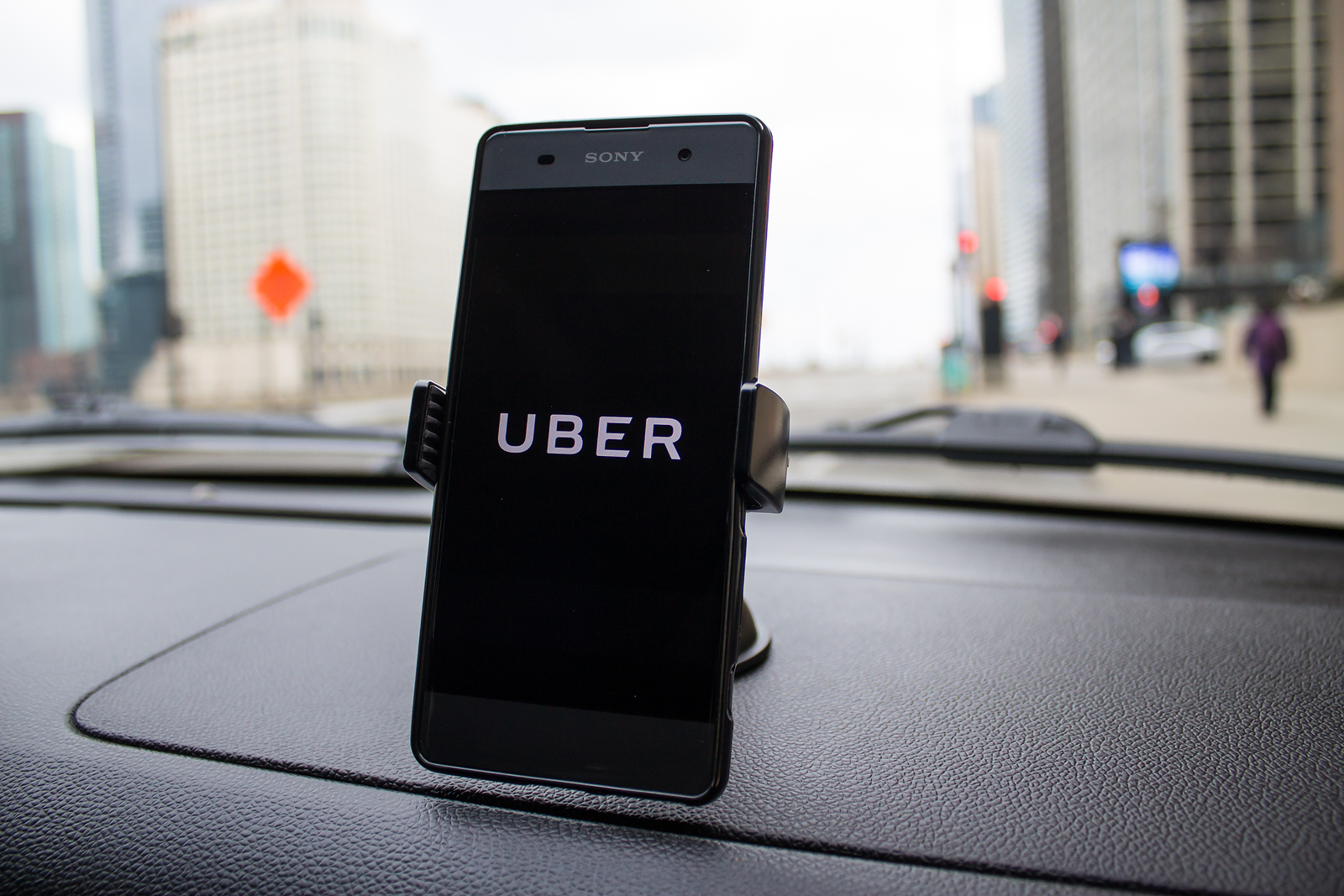 Uber claims it makes London "safer" in TfL licence battle
Uber claims it makes London "safer" in TfL licence battleNews The ride-hailing service says it has improved systems to verify drivers' insurance documents and identification
By Carly Page
-
 Court orders Uber and Lyft to consider drivers as employees
Court orders Uber and Lyft to consider drivers as employeesNews California judge sides with state and city attorneys on preliminary injunction about how to classify gig workers
By Nicole Kobie
-
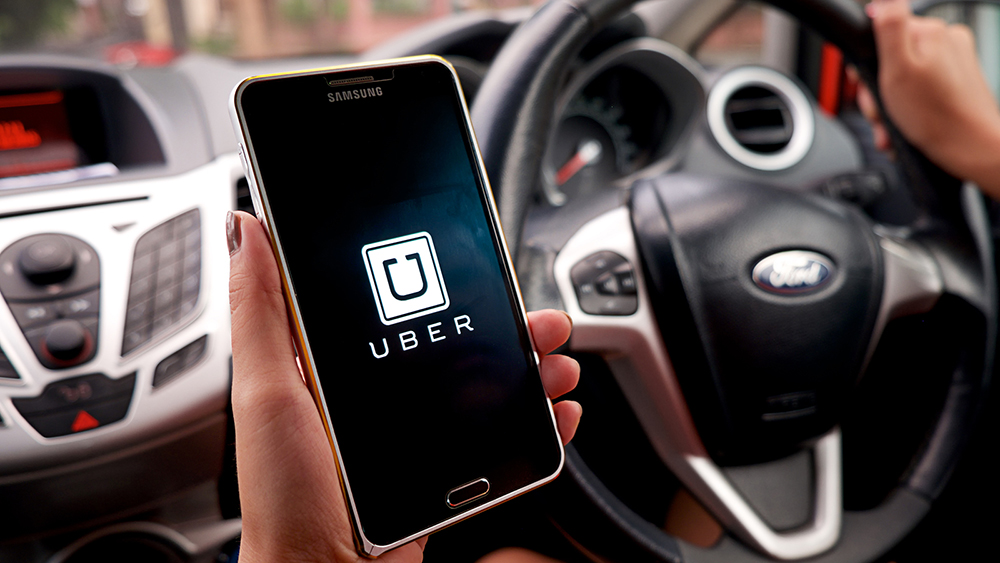 Uber reportedly in talks to buy Postmates in $2.6 billion deal
Uber reportedly in talks to buy Postmates in $2.6 billion dealNews Sources say that a deal between Uber and Postmates could be announced soon
By Sarah Brennan
-
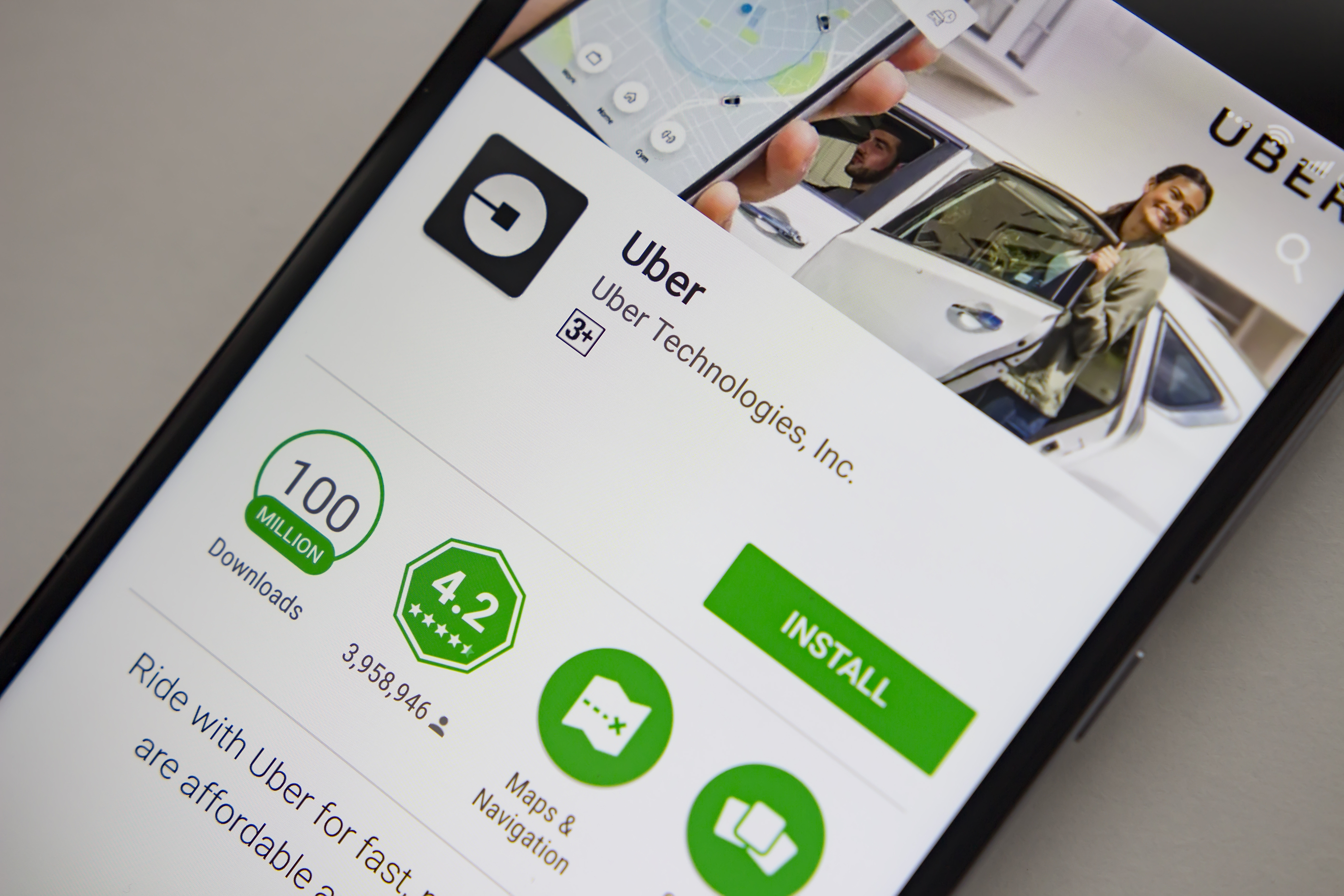 York becomes the third UK city to reject Uber
York becomes the third UK city to reject UberNews York, Sheffield and London have effectively banned the service from operating
By Dale Walker
-
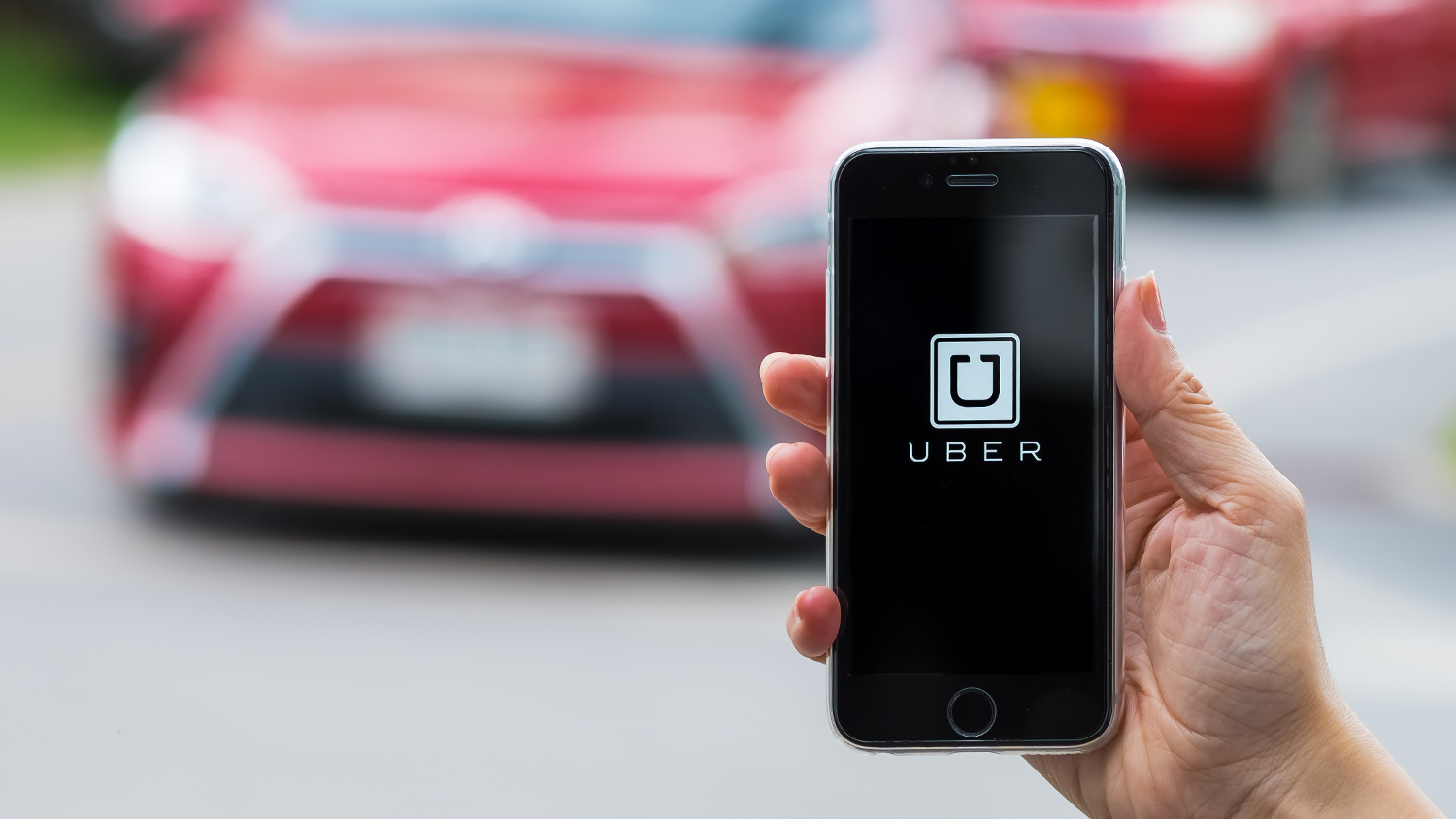 Uber loses appeal over UK worker rights
Uber loses appeal over UK worker rightsNews The Employment Appeal Tribunal has decided to uphold its ruling that Uber drivers be classed as workers
By Thomas McMullan
-
 Uber sued for alleged sex and racial discrimination
Uber sued for alleged sex and racial discriminationNews Three women from the company file a lawsuit claiming unequal pay and benefits
By Hannah Simms